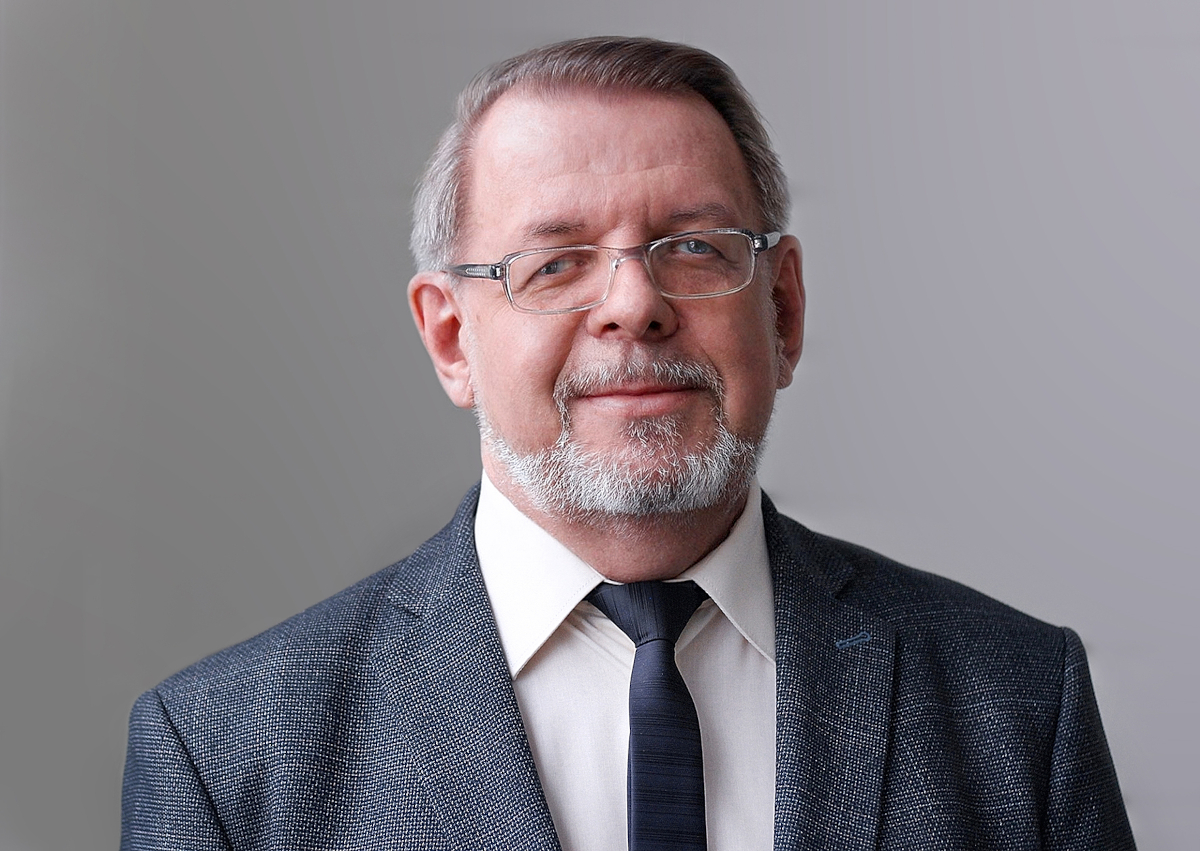
Boreskov Institute of Catalysis was founded in 1958 as a part of the Siberian Branch of the Russian Academy of Sciences. The founder and the first Director of the Institute till 1984 was academician Georgii Konstantinovich Boreskov.

One of the main activity areas of the Boreskov Institute of Catalysis is fundamental investigations in catalytic science to discover new principles of chemical reactions and to create innovative catalytic compositions and technologies.
Read more...

Boreskov Institute of Catalysis pays great attention to the training of young scientists. Each year more than 100 students and post-graduates are being trained at its research and educational facilities. The Institute collaborates with many educational organizations, including:
Read more...

For more than half a century, the Boreskov Institute of Catalysis is at a cutting edge of innovative R&D for chemical and petrochemical industries, energy power, environmental protection.
Read more...
6 June 2022
The General Assembly of RAS elected new members – Academicians and Corresponding Members. The latter include 27 scientists from the research organizations and universities of Siberia, in particular, Deputy Director for Science of BIC Aleksandr Noskov and Deputy Director for Science of Budker Institute of Nuclear Physics, Head of SRF “SKIF” of BIC Eugene Levichev.
Aleksandr Noskov, Doctor of Engineering Science, works in Boreskov Institute of Catalysis since 1978. He is a leading expert in the field of mathematical modeling of catalytic reactors, methods of synthesis and technologies of manufacturing of catalysts of oil processing and petrochemistry.

Dr. Noskov with co-authors created a comprehensive scientific system including the development of methods for synthesis of oxide carriers for catalysts of hydrotreating and hydrocracking, studying and development of highly effective catalysts of hydroprocesses of oil refining as well as the development and use of the methods of calculating hydrodynamics for making efficient catalytic reactors for these processes.
Today Aleksandr supervises the establishment of the Europe largest plant of catalysts for deep processing of crude oil based on PAO “Gazprom neft” in Omsk.
The systems of modeling developed by Noskov were widely used in the regional research and innovation program “Ecology of Siberian Cities”. Within this program the industrial manufacturing of the plants of catalytic gas purification were established and provided the plants for more than ten enterprises in Novosibirsk, Kemerovo, Omsk, Biysk.
Aleksandr Noskov is an acknowledged organizer in the field of science and innovative business. Since 2001 under his supervision and aegis of European Federation of Chemical Engineering a traditional International Conference “CHEMREACTOR” is being held uniting the leading Russian and world scientists from more than 50 countries in the field of theoretical fundamentals for making catalytic processes and reactors.
Aleksandr Noskov is the author of more than 750 research papers, including 380 in peer-reviewed journals, and 190 Russian and international patents. His Hirsch index is 27 (SCOPUS).
In 1998 Aleksandr Noskov organized the chair of engineering problems of environment in Novosibirsk State Technical University, which he headed till 2006. He is editor-in-chief of the journal “Ecology and Industry of Russia” and is a member of editorial boards in the Russian and international journals (“Catalysis in Industry”, “Journal of Applied Chemistry”, “Petrochemistry”, etc.). Aleksandr Noskov is a member of a number of Scientific Councils of RAS, including those on catalysis, theoretical fundamentals of chemical technology, global ecological problems, scientific foundations of processing of fossil and renewable stocks.
Dr. Noskov’s achievements in science have been marked by the state (Order of Honor), regional (medal “For Special Contribution into Kuzbass Development”) and public (Macarius Prize) awards.
Eugene Levichev, Doctor of Physics and Mathematics, is the globally acknowledged expert in the field of physics and technology of charged particle accelerators, sources of synchrotron radiation, plants with colliding beams.

All professional activity of Eugene Levichev is related to BINP where he began working right after graduating from Novosibirsk Electrotechnical Institute in 1980 and went all the way from research trainee to the deputy director for science.
Dr. Levichev began his research activity in the group working on special source of synchrotron radiation Sibir-2 (now synchrotron “KISI-Kurchatov”). With his direct involvement they made the magnetic system of this accumulator that still works successfully in NIC “Kurchatov Institute”. Since 2001 Eugene Levichev heads the Laboratory 1-3 and electron-positron complex VEPP-4, where, along with KEDR detector, they conduct experiments on physics of high energies and precision measuring of masses of elementary particles with record precision. He supervised the development of the project of accelerator of electron-positron collider “Super C-Tau Fabric” with luminous emittance that two orders of magnitude exceeds that reached in this area of energies. The project of the particle fabric was approved by the Russian Government and included with other five large plants into the program of development of research physics megascience infrastructure in Russia.
Eugene Levichev also participated in the projects Future Circular Collider (CERN), SuperKEKB (Japan), NICA (Russia), BESSY-2 (Germany), Swiss Light Source (Switzerland), and others.
Today Dr. Levichev heads the establishement of the new megascience project – source of synchrotron radiation of the 4+ generation, Shared Research Facility “Siberian Circular Photon Source” (SRF “SKIF”) that is an affiliated department of Boreskov Institute of Catalysis. SKIF is being constructed within the framework of the National Project “Nauka i Universitety” (Science and Universities) for the development of the modern domestic network of the sources of synchrotron radiation of the new generation in Russia. From the very beginning the scientist supervised the creation of the accelerator complex, and now he is the head of it.
Eugene Levichev is the author of 194 research papers, including two monographs and one patent. He teaches in Novosibirsk State Technical University and reads lectures on physics of cyclic accelerators. He issued a manual named “Lectures on non-linear dynamics of particles in cyclic accelerator” (NSTU Publishing House, 2009).